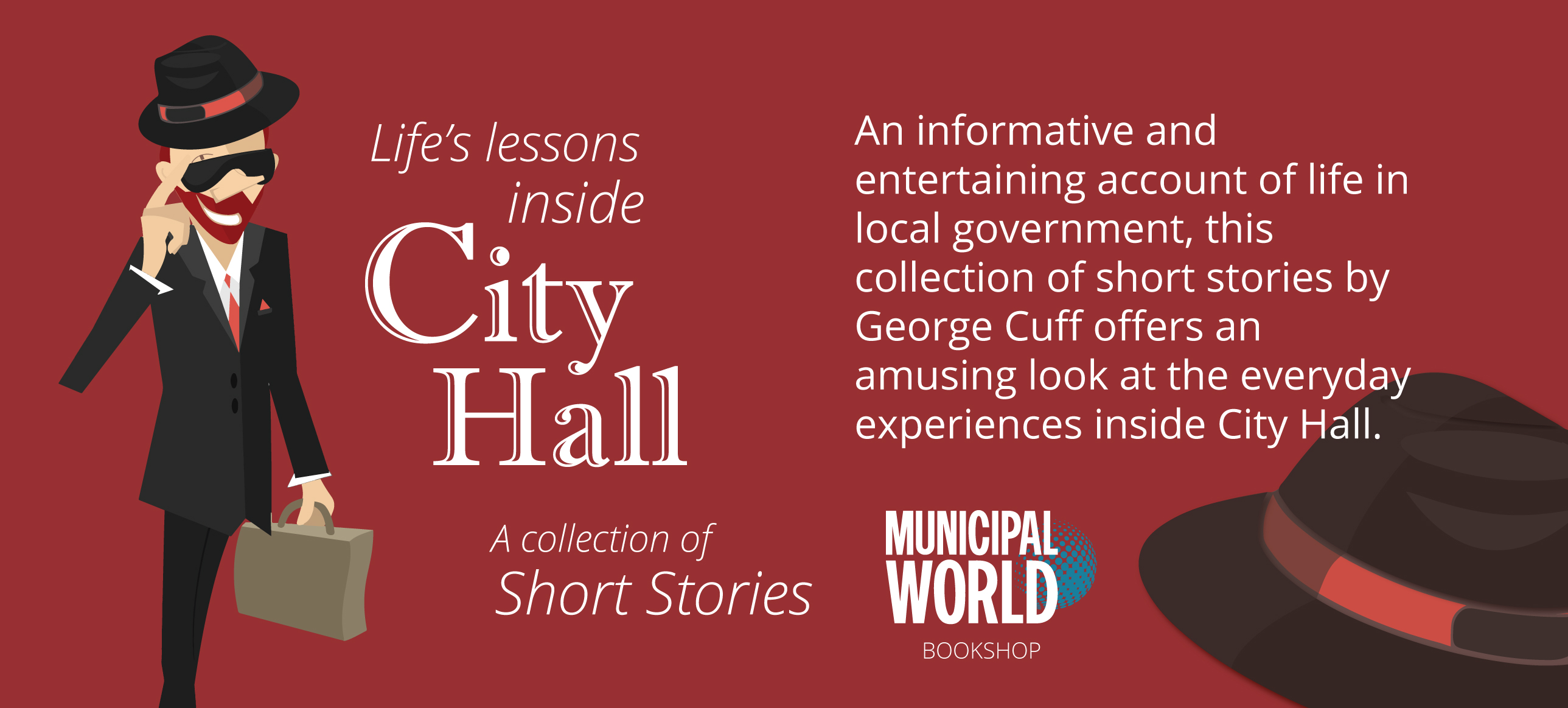Getting ahead of bad press

Lessons learned from LA lifeguard program critics
Did you know that Los Angeles County lifeguards saved 25 people per day from drowning in 2021, supported firefighters battling California’s wildfires, and helped with COVID-19 response efforts?
With 50 million beachgoers and responsibility for 72 miles of coastline, it’s difficult and heroic work. But recent LA-area and national headlines paint a very different message: one of taxpayers being ripped off by 98 lifeguards earning over $200,000 last year.
There are two sides to this story. One is about heroic work; one is about abuse of the system. But only one dominated headlines, because LA County didn’t engage stakeholders and the media with its point of view until the abuse narrative was already spreading. In some stories, the county’s perspective wasn’t included at all; in other stories, it was included after the rip-off narrative.
Instead of waiting for a watchdog group to criticize high-paid salaries, the county could have pushed its own narrative – one of heroism and hard work. Regular news about beaches and lifeguards, feature stories with people rescued by lifeguards, and interviews with firefighters grateful for lifeguards’ EMT work would have built a reservoir of trust with key stakeholders.
Building a Trust Reservoir
For Los Angeles County, the cost of not being pro-active meant that their “heroes” narrative was barely present next to the “taxpayer waste” narrative – and, sometimes, entirely absent. This was true even in local media, which means the county had not effectively engaged media outlets that most influence their target audiences: the region’s taxpayers, politicians, and community leaders.
In the short run, this lack of foresight meant bad headlines. In the next few months, it could turn into lost trust with target audiences. And in the long run, it could mean budget cuts or income ceilings for lifeguards.
Building a trust reservoir before you need it provides several critical advantages:
- You are bulletproof against all sorts of attacks, criticisms, and accusations because media outlets will come to you first for your perspective.
- You can activate community, industry, and other influencers who support your organization, its goals, and its place in the market.
- People outside of your immediate circle will quickly find your narrative and, if necessary, be able to use it in their conversations and coverage.
The emotional support built over time will likely outweigh out-of-context facts from critics.
What Does Your Trust Reservoir Look Like?
Every organization needs to build a trust reservoir, but each organization will have a unique message to its target audiences. For a few examples:
- Payroll firms and banks need to build trust that their technology can deliver and that they keep client information secure.
- Non-profits, government contractors, and public agencies must show that they are using money ethically and wisely, and that it’s for the mission for which the money was given.
- Medical facilities like hospitals and nursing homes should highlight their hero caregivers, positive patient outcomes, and their place in the local community.
If a reservoir is shallow, the water will empty fast in a drought or during seasons of heavy water use. That’s bad for hydration, and it’s really bad for your business’ survival.
Your side of the story may be the right one, but nobody’s going to believe you if the trust reservoir isn’t full and constantly refilled. MW
✯ Municipal World Insider and Executive Members: You might also be interested in Julie Rogers’ article: Good public relations defines a municipality’s character, values, and purpose.
Dustin Siggins is founder of the media relations firm Proven Media Solutions and a business writer.
Related resource materials:



